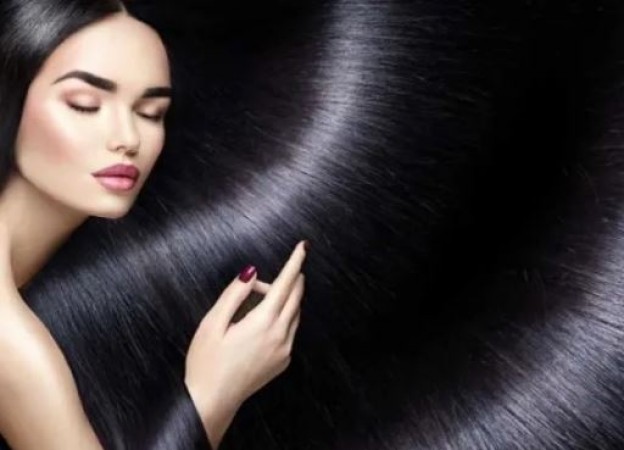
Maintaining healthy and shiny hair is a common goal, but the use of various hair products can often lead to issues such as hair fall, dandruff, and damage, especially during the winter months. In this article, we will discuss solutions to address these problems and offer tips on how to care for your hair during the colder seasons.
Scalp Massage with Moisturizing Oils:
The scalp plays a crucial role in hair health, and during the winter, it is susceptible to dryness and flakiness. Regular scalp massages with moisturizing oils are an effective way to combat these issues. Choose oils such as coconut, almond, or olive oil, known for their nourishing properties. Warm the oil slightly and gently massage it into your scalp using circular motions. This process not only helps in moisturizing the scalp but also improves blood circulation, promoting better hair growth.
Frequency is key when it comes to oil massages. Aim for at least three sessions per week, especially if you lead a busy lifestyle. Consistency in oiling will not only strengthen your hair but also reduce the chances of excessive hair fall. Additionally, leaving the oil on for a few hours or overnight allows it to deeply penetrate the hair shaft, providing a natural conditioning effect.
Limit Washing Frequency:
While it might be tempting to wash your hair frequently during the winter to combat dryness, excessive washing can strip the hair of its natural oils, leading to increased dryness and potential breakage. Instead, consider washing your hair every 2-3 days to maintain a balance between cleanliness and preserving the natural oils that keep your hair healthy.
When washing your hair, use a sulfate-free shampoo that is gentle on the scalp and hair. Additionally, avoid hot water as it can further dry out the hair. Instead, opt for lukewarm water to retain moisture. Prior to washing, applying oil to your hair an hour before can act as a pre-conditioning step, providing extra nourishment and preventing excessive dryness post-wash.
Use a Quality Conditioner:
Conditioning is a crucial step in any hair care routine, especially during the winter. The dry and cold air can leave hair feeling rough and frizzy. Using a high-quality conditioner is essential to restore moisture, smooth the hair cuticles, and enhance overall manageability.
Look for conditioners that contain natural oils like coconut, jojoba, or argan oil. These ingredients provide intense hydration, leaving your hair soft and silky. Apply the conditioner evenly from mid-length to the tips, avoiding the scalp to prevent excess oil buildup. Leave the conditioner on for the recommended time to allow it to work its magic, then rinse thoroughly with lukewarm water.
Avoid Heat Styling Tools:
Excessive use of heat styling tools during the winter can exacerbate hair damage and lead to loss of natural shine. The dry air already affects the hair's moisture levels, and subjecting it to additional heat can result in increased brittleness and breakage.
Consider air-drying your hair instead of using a hairdryer. If you must use a dryer, opt for the lowest heat setting. Additionally, limit the use of flat irons or curling wands, as they can further deplete your hair's natural moisture. If styling is necessary, use a heat protectant spray to minimize damage.
Achieving and maintaining healthy, shiny hair during the winter months requires a holistic approach. By understanding the importance of scalp massages with moisturizing oils, moderating washing frequency, using quality conditioners, and avoiding excessive heat styling, you can create a winter hair care routine that protects your locks from the harsh weather conditions. Consistency and mindful choices in your hair care practices will contribute to vibrant and resilient hair throughout the winter season.
Acidity is also a warning sign of heart attack, know when you should be careful
How to Add Magnesium to Your Lifestyle: Know Its Vital Health Benefits